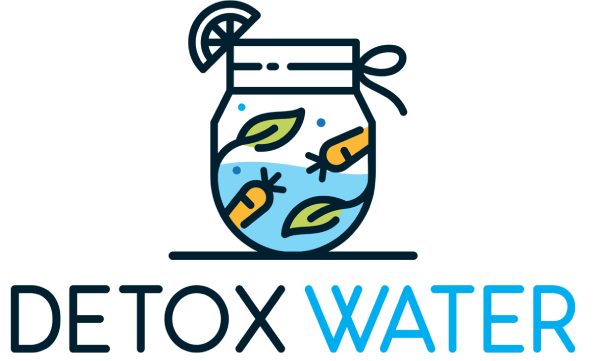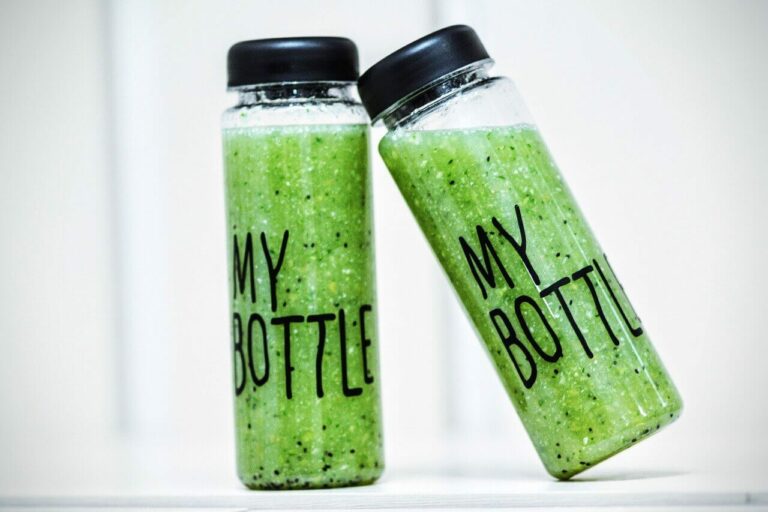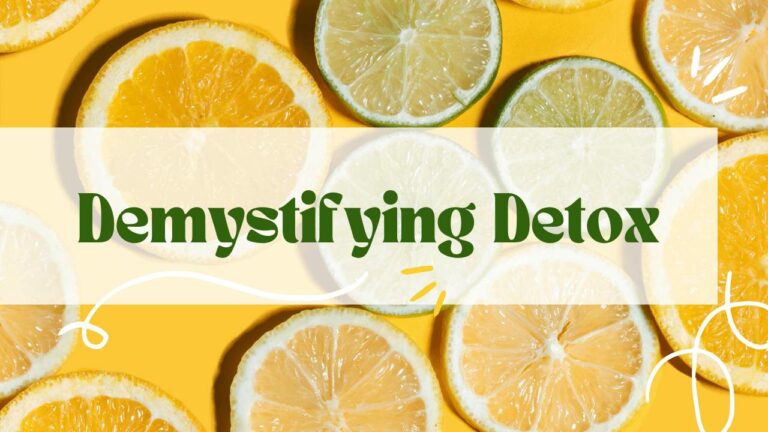Detox vs Rehab: Understanding the Differences and Similarities

Substance abuse is one of the common problems in modern society. So terms like ‘Detox’ and ‘Rehab’ have become standard for those seeking help with drug and alcohol addiction treatment.
The two terms are often used interchangeably but focus on different aspects of addiction treatment. Therefore, a person seeking help with addiction may not know whether they need a detox process or a rehab program.
So, in this post, we will break down the discussion to better understand the ‘Detox vs. rehab’ debate. We will look into the technical differences, expected outcomes, types of programs, and much more.
Finally, we will highlight the factors that dictate whether you need a detox or rehab for your recovery journey.
Contents
Drug and Alcohol Addiction Lead to SUDs
Substance Use Disorders (SUDs) are caused by regular intake of alcohol and other drugs. Drugs can alter the body’s internal functioning, and a person becomes dependent on such drugs and alcohol to function correctly.
It leads to physiological changes where a person often feels unable to conduct daily life tasks without taking drugs. It tricks the brain into relying on drugs, leading to negative thoughts and attitudes toward life.
More importantly, the adverse effects of drugs become evident over time. Still, a drug addict continues the consumption of addictive substances, which could eventually lead to fatalities and severe medical conditions.
Typically, the addiction is quite severe, requiring expert help. That’s where treatments like drug and alcohol rehab and Detox come in. These treatments outline a recovery process, helping drug addicts overcome their addiction through an extended treatment program.
What is the Detox Process?
Detox is short for detoxification and focuses on getting rid of toxic substances in the body. It’s not necessarily a drug addiction treatment, as it cleanses the body from toxic substances in different diets. So, even if you’re not an alcohol addict or a drug abuser, you might have heard of detox treatment programs before.
But in drug addiction treatment, Detox is a medical procedure using medicines and related equipment to remove substances from the body. Typically, detox treatment is conducted inside a medical facility to cope with the side effects of the treatment.
Detox treatment often includes therapies like meditation, massages, yoga, etc. The therapies help enhance the patient’s coping skills against the withdrawal symptoms. It happens under the supervision of a medical professional who constantly monitors the patient’s condition during the treatment phase.
What Is Rehab?
Rehabilitation is a broader and generic term often used for things that aren’t always limited to drug addiction. For instance, rehab may treat physical injuries and restore a person’s mental and physical health.
Typically, drug addiction rehab focuses on restoring physical and mental health to allow the person to function normally and become a valuable part of society. Typically, rehab focuses on physiological aspects but may also involve specific medical procedures.
Since rehab focuses on returning an addict’s brain, it usually involves a controlled environment free from negative influences and any trigger that could tempt an addict to consume drugs again.
So, it involves therapies, treatment, and personalized counseling that can help a patient get back on track.
Drug Addiction Treatment and Rehab Process is Similar
Rehab and drug treatment programs are generally quite similar. These are facilities that provide support to people who want to stop drug abuse.
Generally, rehab centers work on breaking the addiction cycle by promoting the essential skills for patients to live without using drugs. Ultimately, the aim is to give them a healthier and drug-free lifestyle.
Types of Rehab Facilities
There are several types of rehab facilities. Typically, inpatient or outpatient treatment facilities have a variety of treatment durations. Patients can choose from different treatment modes. But if you seek advice from medical personnel, they will recommend a rehab facility that features:
- Extended treatment programs have at least 90 days of personal care.
- Proper residential facility and a safe space to promote quick healing.
- Several episodes of treatment in one program
- Various evidence-based therapy sessions, personalized for each patient.
- Constant monitoring of patients in the residential facility
- Consistent patient support and group therapy sessions.
The rehab facilities are also a major differentiating factor between Detox and rehab. Detox is more relevant in starting a recovery process. At the same time, a rehab facility ensures a long-term treatment process by providing a safe environment for someone wanting to quit drugs.
Differences Between Rehab and Detox
Detox and rehab have many differences. Here are some of the notable ones.
Treatment Duration
Detox is a relatively shorter treatment. It can last from a few days up to a week. It depends on the type of substance abuse a person has gone through. A detox session can take longer than usual if the addiction is much more severe.
On the other hand, rehab typically lasts from 30 days up to a year. It also depends on the type of drug abuse and the time a patient might take to recover from the problem. As per the National Institute on Drug Abuse, the recommended duration of a treatment program is at least 90 days.
Order of Treatment
While Detox and rehab are different, they aren’t exclusive every time. Most drug recovery programs include both Detox and rehab. Typically, treatment starts with a detox process. It’s the first step in the recovery process. The idea is to remove any remaining traces of drugs from the person’s body, and only then can a rehab process start.
Once the drug traces have been removed, the body can unlearn its dependency on drugs and relearn to function without them. At this stage, a person can experience many withdrawal symptoms.
In many cases, a drug detox doesn’t need to be backed with a rehab treatment program. So, you don’t need to sign up for a rehab facility if you only need a detox. Therefore, Detox and rehab can be independent too. But it’s important to note that detox programs alone are not enough to overcome addiction.
Outpatient vs. Inpatient Treatment
Rehab and Detox are available as inpatient and outpatient treatment programs. Typically, outpatient treatment is best for those with minor addictions. On the other hand, inpatient treatment is more intensive and expectedly yields better results.
When it comes to detoxification, outpatient treatment is pretty uncommon. Generally, outpatient detox clients avail treatment during the day while residing at home at night.
Expected Offerings
The type of treatment also dictates the possible outcomes. So, it’s essential to understand what these both programs can offer.
Detox Programs
A typical detox program offers:
- Medical supervision by an authorized team.
- Nutritional support
- Provision of necessary fluids
- Medication treatment for withdrawal symptoms.
- Physical and mental health checks.
- Residential Detox Program
- Treatment of possible medical issues during the rehab process.
Rehab Programs
A rehab process is more focused on behavioral therapies and healthcare treatments. Here is what you should expect at a rehab facility.
- Counseling and behavioral therapy.
- Personalized medication is based on the type of substance abuse and mental health conditions.
- Optional support groups, family therapy, group therapy sessions, etc.
- Treatment for relapse prevention and long-term addiction recovery.
What Do You Need – Detox or Rehab?
Many factors indicate whether you need a detox or rehab. Typically for heavy drinkers and substance abusers, the type of drug addiction and duration indicate the form of the treatment plan.
Therefore, it is best to seek medical help and ask a qualified medical professional about the mode of seeking treatment for drug abuse. But if you’re unsure whether you need treatment, here are a few pointers that will help.
- You are consuming drugs more frequently and consume more significant amounts.
- You can’t get through the day without drugs.
- Experience several negative consequences because of drug usage but continue using them.
- You are unable to focus on things that don’t relate to drugs.
- Your previous attempt to quit drugs has failed.
- You consume drugs as a means to manage stress and other life problems.
Conclusion
Alcohol detox and rehab are critical to helping the body’s immune system regain strength and available power without relying on drugs. The treatment methods are designed to support the patients throughout the withdrawal process, enabling them to successfully recover from life-threatening situations. Now that you know the differences between the two, figuring out what you need should be more accessible.

Rahul is a nutritionist and personal trainer with 3+ years of experience in the field of health coaching. He specializes in nutrition science, with a keen eye for how food choices, lifestyle habits, and physical activity impact our bodies.






